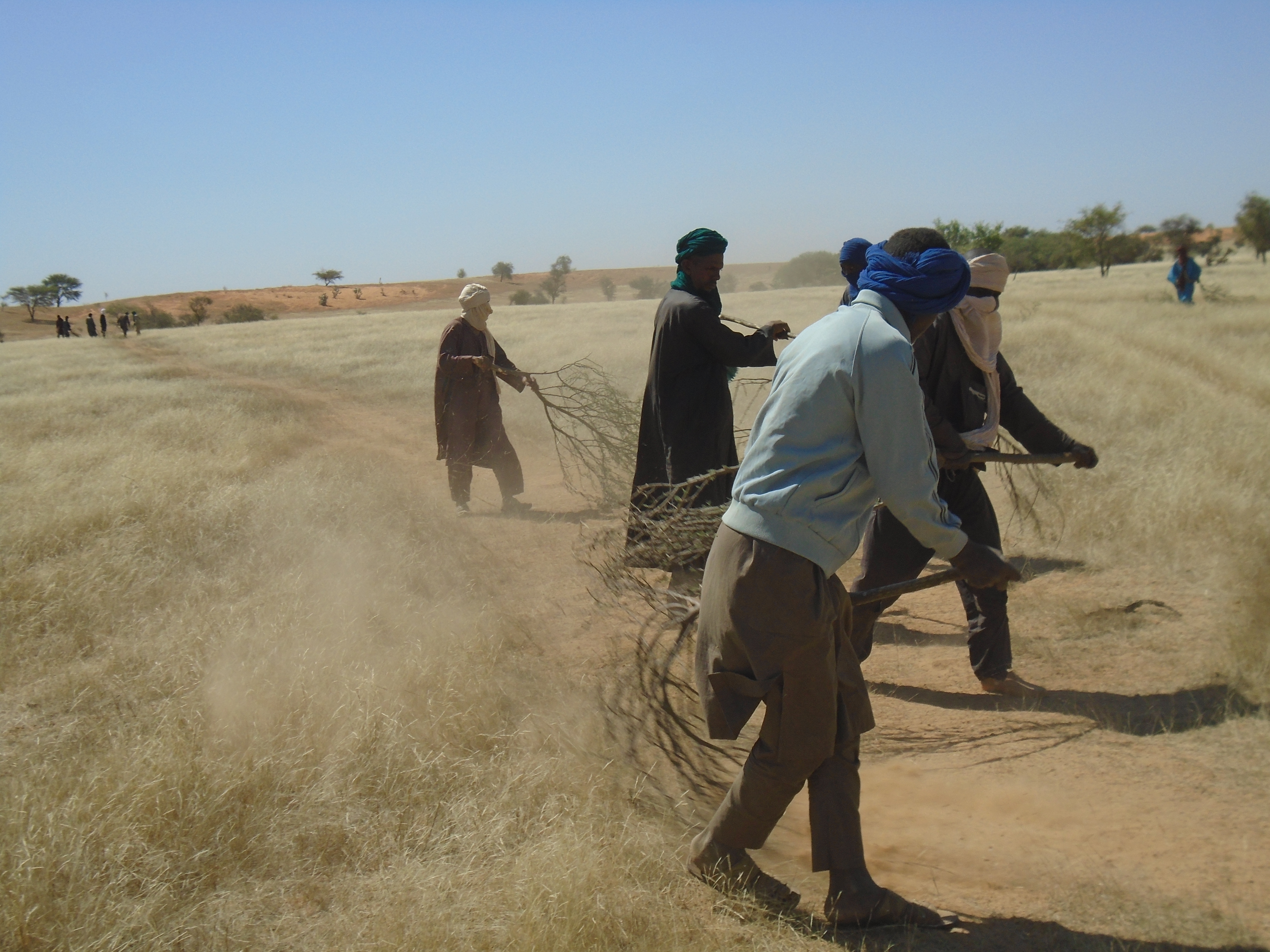

‘When you eat around a fire after a day of working together building fire-breaks, you realise we all have the same problems’.
In a context of limited resources, accommodating different livelihood practices (pastoralism, agriculture) that often come into conflict requires dialogue starting at the base. This is why the project acts as facilitator to help bring together the diverse clans and ethnicities of the elephant range to achieve unity towards a common goal – in this case the preservation of their natural resources and the regeneration of their ecosystem.
By coming together to address an environmental challenge communities benefit on multiple levels, which incentives them to collaborate further. The result is an altogether more resilient solution that is bigger than the sum of its parts. Benefits include healthier habitats; more abundant natural resources; increased food security and resilience in the face of adverse events; additional income; social empowerment incl. for women and youths; better social cohesion between and within communities; increased physical security as youths are provided with a locally respected occupations as ‘eco-guards’, which reduces the likelihood of them emigrating or joining armed groups; pride in their ability to contribute to their household and community, and exert some agency over their lives.
The local people’s positive attitudes towards elephants and their understanding that they all shared the same problems provided the unifying factor around which to start.
Unemployed youth seeking a role plus degraded habitats and land requiring protection and restoration.
Conflicts between humans and wildlife have conflicts between humans at their heart. It is therefore important to understand who benefits and who loses and what the power relations are, for example.
Local unemployed youth seek a role that contributes to their families and community and is respected locally. This is more important than money. They are, therefore, a great resource. Engaging them, giving them meaning and purpose, can be a powerful tool (e.g. acting against recruitment by armed groups). Any initial rewards can be for “recognition”, not a salary, which provides the means for further development under their own efforts.
It is important to first discuss the role of ecoguards and identify the qualities required before asking the community to nominate individuals.